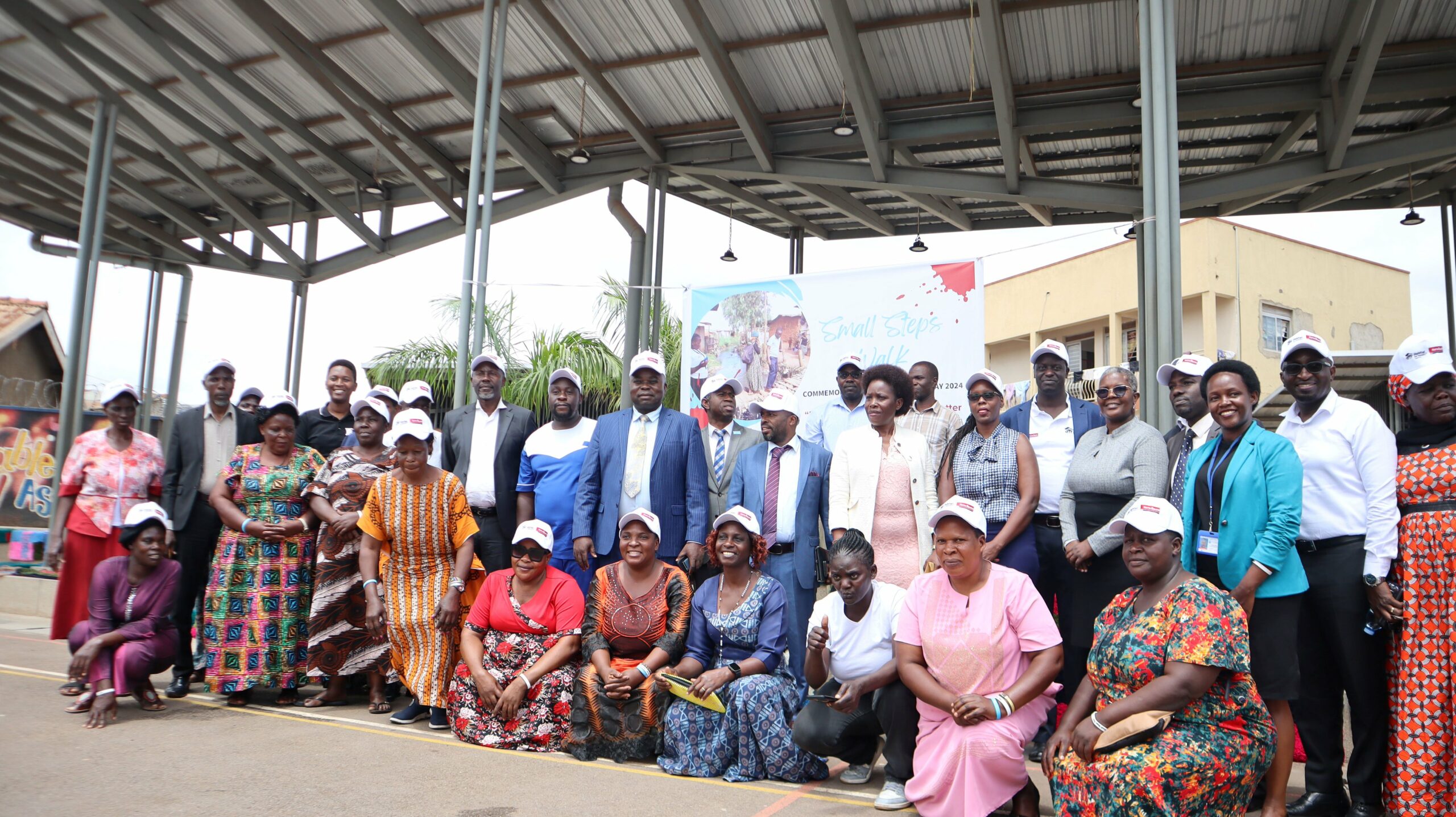As Uganda grapples with a staggering housing deficit of 2.4 million units, the Minister of Lands, Housing and Urban Development Judith Nalule Nabakooba called for immediate engagement of the youth in addressing the country’s pressing housing challenges.
While speaking during the celebration of World Habitat Day at Kamwokya on Monday the Minister noted that the country’s population growth rate stands at 5.2%, with a significant portion of urban residents comprising young people, highlighting the need for innovative solutions in housing development.
Nabakooba emphasized that housing is not just a commodity but a fundamental human right that must be accessible to all citizens. She noted that leveraging the potential of Uganda’s youth is critical to creating sustainable urbanization and enhancing socio-economic development.
“The incorporation of young people’s ideas and efforts in nation-building is no longer just a matter of human rights but an essential strategy for production and wealth creation,” she stated, urging stakeholders to recognize the economic potential of the youth in the housing sector.
According to Nabakooba, the housing construction and rental sectors contribute approximately 11% to Uganda’s GDP. Affordable housing is pivotal in stimulating employment opportunities, promoting home-based enterprises, and improving tax compliance, health, and education outcomes. However, the sector is failing to meet the burgeoning demand, with only 60,000 housing units supplied annually against a pressing demand of 160,000 units in urban areas and 134,000 units in rural regions.
“96% of Ugandans are unable to afford the average cost of a formally constructed house, which is pegged at approximately UGX 183 million. Given the median monthly income of UGX 220,000 for urban residents and UGX 168,000 for those in rural areas, the vast majority of citizens can only afford housing units priced between UGX 12 million and UGX 24 million,” she said.

To mitigate these challenges, Nabakooba urged the implementation of innovative strategies aimed at reducing construction costs, particularly the current high labour costs, which stand at $78 per square meter. She highlighted the need to actively involve youth in the housing sector as a means to foster creativity and efficiency in housing development.
The minister also called for a redefinition of affordable housing, ensuring it aligns with the income capabilities of the majority of youths. This approach must allow families to secure decent housing without compromising their rights to basic needs such as nutrition, clothing, and education.
Aldo Olwoch from Habitat for Humanity noted that this is the time the government plans to engage the youth because the unemployment rate has increased to 9.2%, and the situation is far more alarming for young people between the ages of 18 and 30, where the unemployment rate stands at a staggering 13.3%.
He revealed that this demographic, often drawn to cities in search of better opportunities, is facing increased pressure due to limited employment prospects in urban areas. With little to no job opportunities, many young migrants from rural areas find themselves forced to settle in informal settlements and slums, exacerbating the strain on essential services and housing infrastructure.
“The influx of unemployed youth into urban areas highlights an urgent need to address both the growing housing deficit and the poor living conditions that exist in these settlements. Current housing structures are inadequate for human settlement, and the situation will likely deteriorate unless swift action is taken,” he warned.
Olwoch emphasised the importance of government intervention in improving urban living conditions. “Collaborative efforts by organizations like Habitat for Humanity Uganda, in partnership with Kampala Capital City Authority (KCCA), National Water, and the Shelter and Settlement Alternatives initiative, are already working to alleviate some of the challenges within urban settlements. These partnerships aim to increase policy access and raise awareness about the struggles faced by urban dwellers, particularly in informal settlements.”
He, however, urged the government to allocate land for low-cost housing and to ensure the provision of affordable essential services, such as water, sanitation, and electricity. “While resources are limited, the government must prioritize urban housing in the national budget to prevent the further marginalization of young people living in urban centres.”
Meanwhile, 41.7% of Uganda’s urban population is currently living in slums, according to the 2023 World Bank report. This statistic gives an alarming picture: while global urban population trends, especially in slum areas, are projected to reach 75% by 2050, Uganda is already at 41.7%. This suggests that in the next 10 to 20 years, Uganda may face significant challenges related to urbanization and housing.
Looking at another scenario, Uganda has one of the youngest populations in the world. However, 13.3% of youth between the ages of 18 and 30 are unemployed, which further compounds the nation’s socio-economic issues.
Do you have a story in your community or an opinion to share with us: Email us at editorial@watchdoguganda.com













